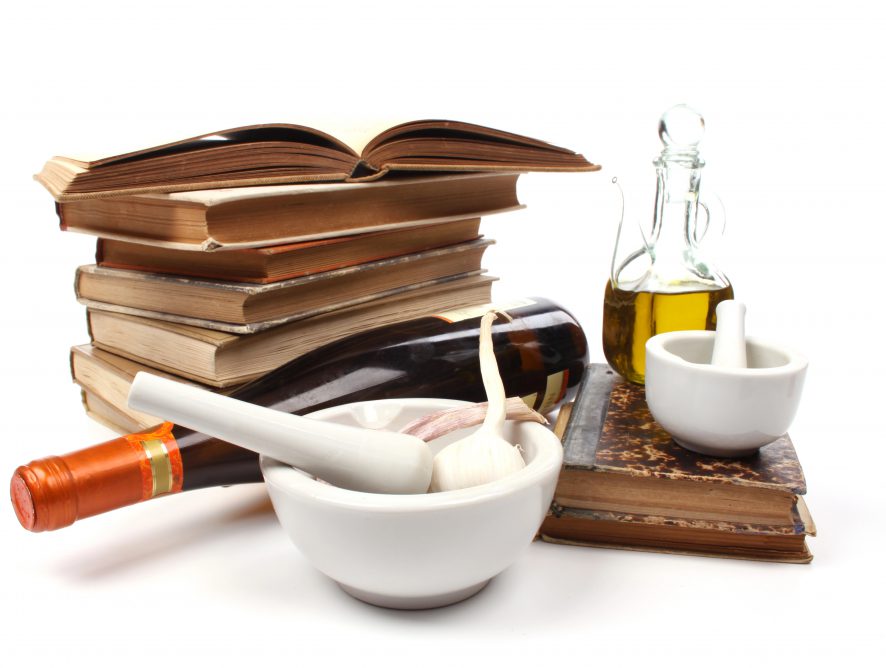“From Royal Feasts to Leftover Treats: The Fascinating Evolution of Cookbooks” by Henry Notaker reveals the rich tapestry of history woven into the pages of early cookbooks, beginning with the lavish compilations that graced the tables of monarchs and grand señores in 15th and 16th century Western Europe. These weren’t mere recipe collections but opulent guides to courtly manners and sumptuous living. Take a journey back to ancient Rome with Apicius’s “Cooking and Dining in Imperial Rome,” the oldest known European cookbook, offering an intriguing glimpse into the culinary habits and home life of ancient Romans. Here, amidst recipes for heavily seasoned dishes—a necessity before refrigeration—Apicius advised cooks on masking the “goatish smell” of birds with a concoction of pepper, lovage, thyme, and other flavorful ingredients.
The narrative style of cookbooks transformed dramatically with the Industrial Revolution when precise measurements became the norm. In America, Amelia Simmons’s 1796 “American Cookery” juxtaposed British fine dining with homespun American dishes like johnny cakes and slapjacks, initiating a conversation on balancing the lavish with the simple in American culinary life.
 Cookbooks are more than collections of recipes—they are historical documents that reflect the social, economic, and cultural landscapes of their times. By 1950, the fictional Betty Crocker had become a household name with her cookbook outselling even the Bible, painting a picture of the idealized American housewife. The Pilgrim Cook Book by the Pilgrim Evangelical Lutheran Church Ladies’ Aid Society of Chicago offered a more modest glimpse into American kitchens with recipes ranging from Blitz Torte to Sauerkraut Candy.
Cookbooks are more than collections of recipes—they are historical documents that reflect the social, economic, and cultural landscapes of their times. By 1950, the fictional Betty Crocker had become a household name with her cookbook outselling even the Bible, painting a picture of the idealized American housewife. The Pilgrim Cook Book by the Pilgrim Evangelical Lutheran Church Ladies’ Aid Society of Chicago offered a more modest glimpse into American kitchens with recipes ranging from Blitz Torte to Sauerkraut Candy.
The Internet Archive’s Cookbook and Home Economics Collection provides a treasure trove of culinary artifacts, now boasting over 10,600 vintage titles. This collection offers a humorous yet poignant look at the past, from gag-inducing recipes to pious advice for women, alongside a celebration of diverse American and international cuisines. Discover the unexpected—from a Chinese cookbook from 1917 that might raise eyebrows today to Luchow’s German Cookbook, which shares the dishes of America’s most famous German restaurant of 1952.
Embark on a culinary exploration through cookbooks that not only teach us how to prepare food but also offer a window into the lives and times of those who came before us. Whether it’s a guide to mushrooms or a compilation of leftovers recipes, each page reveals insights into the evolving tastes and domestic habits of generations past.
Bill Rice is Co-Publisher of the Great Family Cookbook Project, a website that helps families and individuals collect, preserve and share food memories by creating their own printed personal cookbooks. He is the author of The Wellfleet Oyster Cookbook (Available on Amazon) and the Cape Cod Cocktail Cookbook, both created using FamilyCookbookProject.com. He is also editor of the Donovan Family Cookbook, now it’s third printing and is an avid genealogist tracing his family back to the 1600’s.
Follow Family Cookbook Project on Facebook, Instagram, Twitter and Pinterest!

